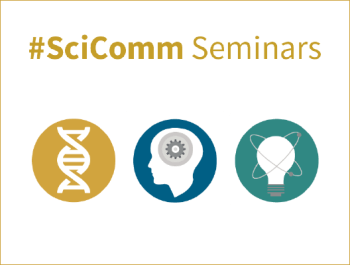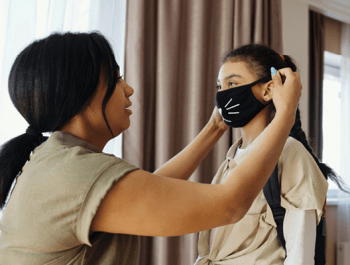Conference posters are the most abundant form of scientific communication and frequently the first incursion of scientists-in-training into dissemination — ahead of oral presentations or peer-reviewed papers. For researchers at any career stage, posters are an excellent opportunity to share work in progress, test new ideas, network, and sharpen a variety of communication skills — […]
Making your next conference poster memorable – Part 1







